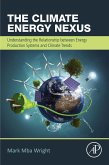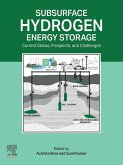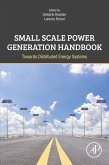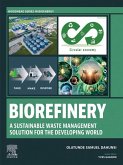Climate Change and Circular Economics: Human Society as a Closed Thermodynamic System aims to go beyond the concept of 'fighting climate change' to analyze the capacity of human society to evolve in relation to the environment based on a more complex approach. The book stresses the role of resource recovery by innovation in reducing the temperature increase, determined through an irreversible thermodynamic approach. Determining the speed of temperature increase contributed by selected economies and comparing these to environmental recovery time constants shows that emerging economies have a much greater speed and consequently a larger impact on environmental capability to recover.Chapters progress from an analysis of present society as a dissipative open system to a thermodynamics view of the need for a circular economy, a big data analysis of climate change and risk mitigation, economic indicators, including entropy and economics, risk maps of climate change events risks, and insights into the 'Gibbs paradox', which describes the connection of two separate systems (like society and environment). - Offers a unique, intersectional perspective on climate change - Introduces generational risk maps for climate change events, opening the possibility for insurance as well as other mitigation and adaptation policies - Provides methods to determine the contribution of selected economies to temperature increase and speed of increase using irreversible thermodynamics that allows for comparison with environmental recovery time constants - Ends with a solution of the Gibbs 'paradox' that relies not on binary logic, but rather a multivalued modal logic of possibilities that sheds a profound light on the interaction of separate spaces versus their combination
Dieser Download kann aus rechtlichen Gründen nur mit Rechnungsadresse in A, B, BG, CY, CZ, D, DK, EW, E, FIN, F, GR, HR, H, IRL, I, LT, L, LR, M, NL, PL, P, R, S, SLO, SK ausgeliefert werden.









